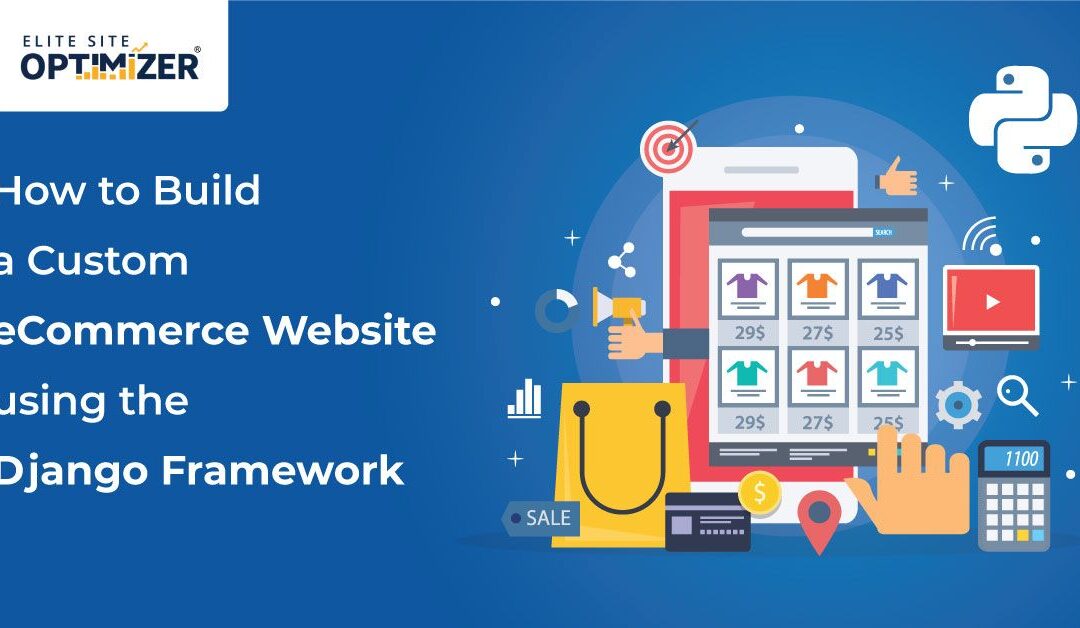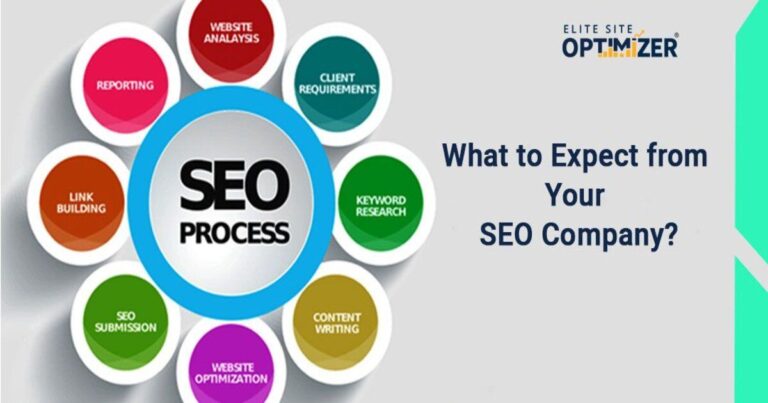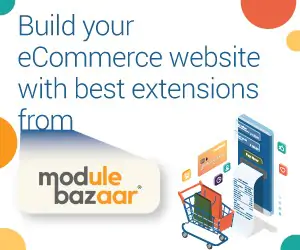E-commerce is now accessible to all kinds of businesses. Not only can large companies offer sales and delivery online, but it’s easier than ever for any store with a physical storefront or a digital-first brand to launch their own website and mobile app to sell their products. Learn how to use the Django web framework to create an eCommerce store with the key features that make an online store competitive and attractive to customers.
Why Use Django?
Django is a free and open source Python-based high level web framework popular among developers for its ease of use and built-in functionality. As Python Development Services is an extremely accessible and popular programming language, Django is appealing to many developers. 14.2% of developers reported using Django in early 2020, per a survey from researcher Shanhong Liu, making it one of the 10 most widely used web frameworks. It supports the rapid development of websites that are easy to maintain and update with superior performance and security. It also comes with resources needed for common web applications, such as user authentication and page template generation.
Due to its widespread use, there are many sources of tutorials and support available online such as RealPython, plus DjangoPackages for free packages for implementing new features including key eCommerce functionality.
What does it offer for web commerce?
There are several key needs for online commerce that a web framework should be able to address without needing serious customization. With the expansion of eCommerce platforms like Shopify and Magento, any site can get eCommerce functionality without needing extensive custom development.
Online commerce sites need a large database of product information that can be updated regularly by store staff, track purchases, and transfer them to be fulfilled. They also need to offer checkout and shipping functionality, as well as appealing features like discounting, shopping carts, wish lists, multiple currency support, and more.
Django supports databases, content management, and user authentication out of the box, making it an ideal starting point for eCommerce. It also offers great scalability, so sites can easily go from selling just a few products to hosting thousands of different SKUs.
Django also has a clean URL scheme that makes it easy to create URLs based on the administrator’s preference, as opposed to some web frameworks that create new URLs as long strings that are meaningless to human users. This is important for search engine optimization since search engines will better recognize URLs that are not too long and are made up of relevant keywords. It’s also beneficial to shoppers browsing the store and when links are posted to social media, marketing campaigns, and elsewhere.
For more specific requirements, eCommerce site developers can check Django’s open source community for packages that suit their needs. Packages such as Saleor, Django-SHOP, and the Wagtail content management system can be installed to address many common eCommerce needs.
Read also: Why Your Site Needs Regular Accessibility Scans
What makes an eCommerce site succeed?
When developing a web platform on Django or a similar framework, concentrate on what can create a site with an appealing interface that customers will trust. Customers need to be able to browse without frustration, make purchases seamlessly, and check out with the payment and shipping options they prefer.
Administrators need to be able to add and update products easily, provide customer service, and fulfill orders as they receive them. Implementing the right Django packages can help with these goals. Django is also a good framework for adding new apps based on changes in the business and new demands from customers.
In conclusion, Python Development Services is a reliable, scalable framework for many web applications, and it’s ideal for eCommerce. A good eCommerce site can compete with much larger competitors provided it supports common sales and checkout functions so anyone can buy products the way they want. The right web framework can put companies in a good position to grow and build on their site rather than needing to restart as their needs change.







